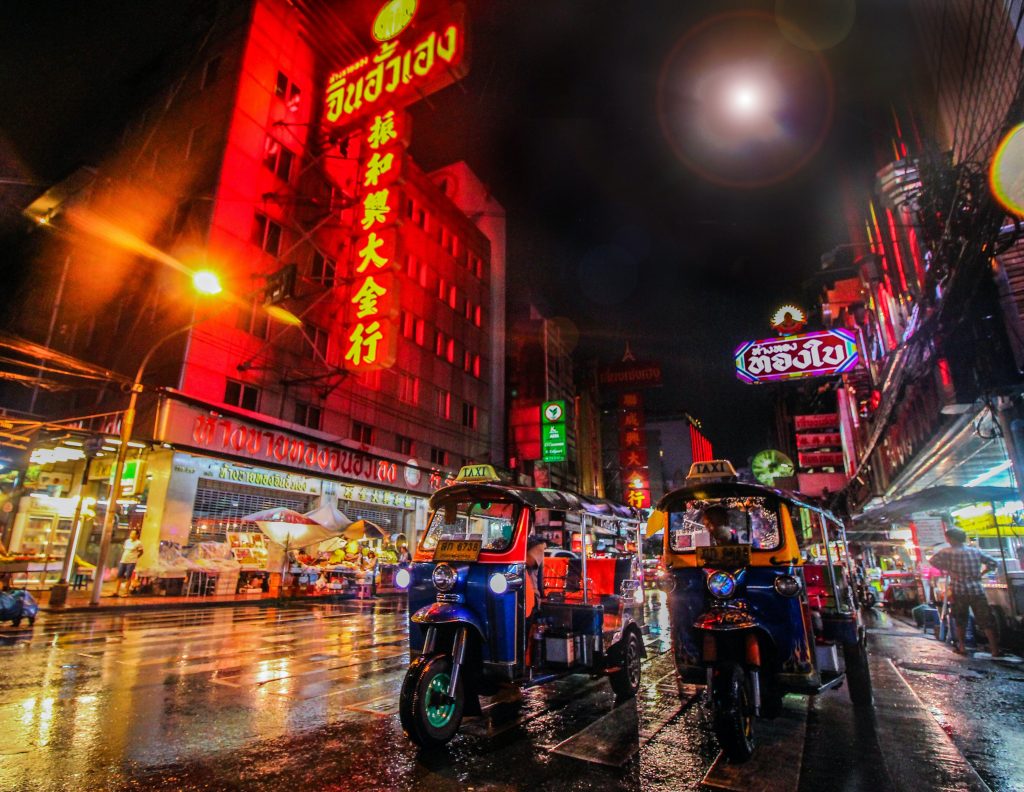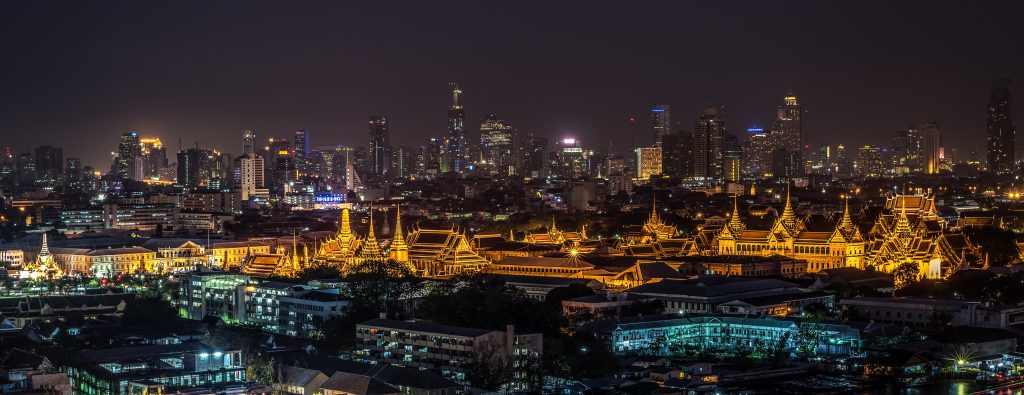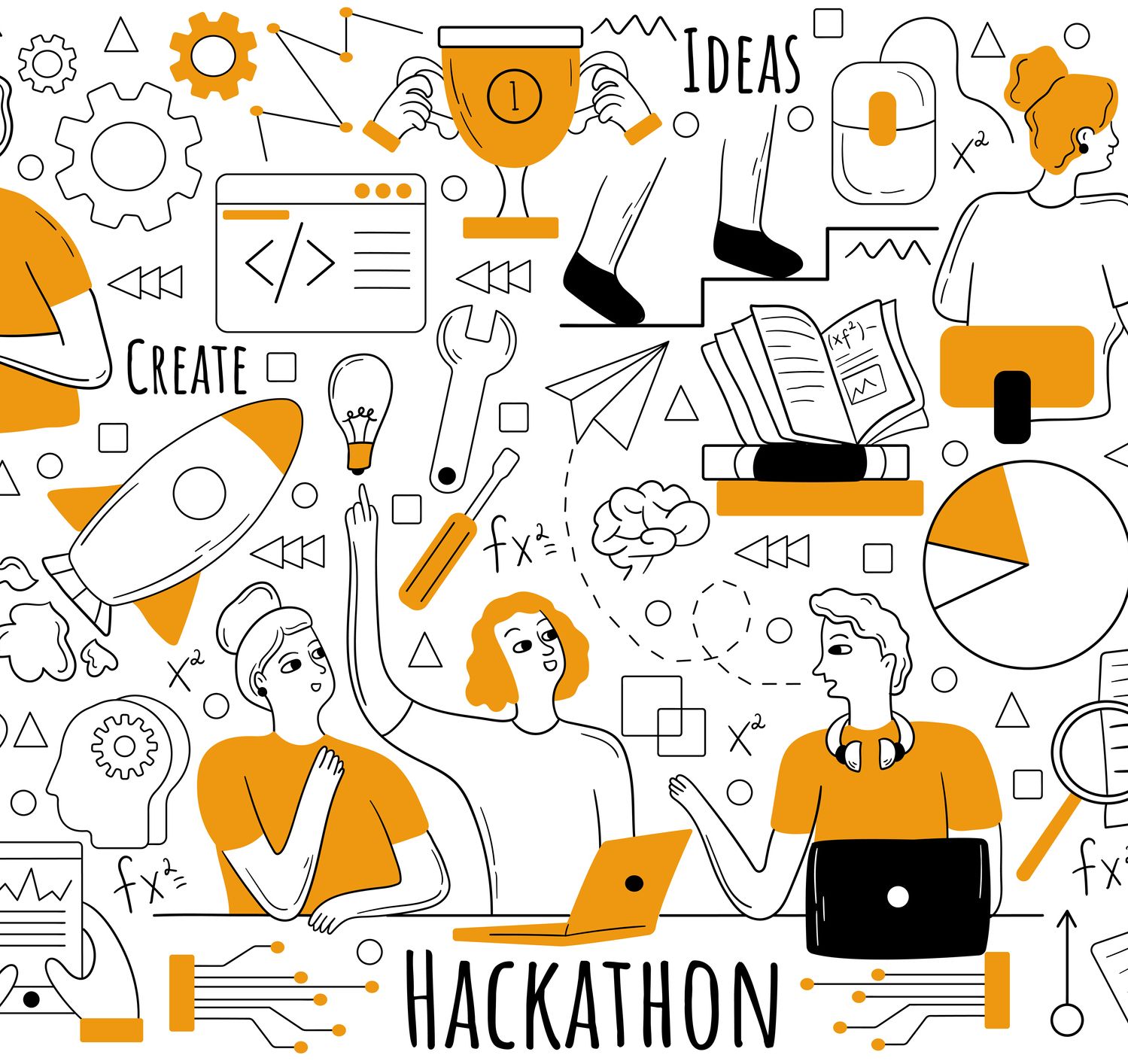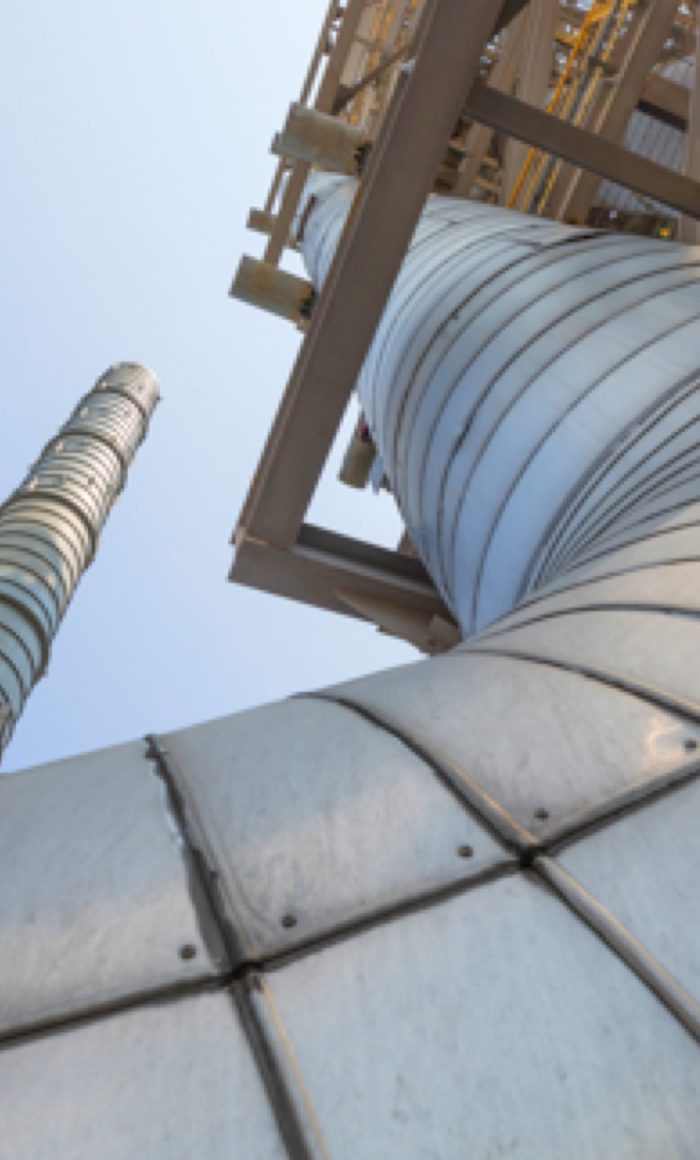In an effort to bring to life the great ideas of some of Thailand’s entrepreneurs and innovators, ExxonMobil – working through its Thai affiliate Esso – launched a hackathon, providing a platform to help Thais and create new experiences for customers.
Esso Thailand launched a nationwide competition, collaborating with RISE (the Regional Corporate Innovation Powerhouse) to encourage entrepreneurs, students and start-ups to develop real-world solutions and find new ways the company could provide a better service to Thailand.
The hackathon winners are now seeing their ideas brought to life – with the top teams also being awarded 470,000 baht. These initiatives are set to bring fuel to rural Thailand, taking service touchless and leveraging quick-service restaurant experiences to create a single point of service for a range of goods.
Empowering the people

The event looked to support some of Thailand’s untapped potential.
“The hackathon’s primary objective was to look for innovative idea or initiatives which come from outside perspectives rather than only generate ideas internally,” Esso Thailand’s director and retail sales manager, Jesada Chancherngkij, said.
They started by asking how these entrants could evolve Esso’s offerings to maximise value for customers who look for high-quality fuels and greater customer experience in the current eco-conscious era. To do this, they utilised a variety of technologies as well as new approaches to customer interactions and service.
“In the business environment you need to move fast, so learning from an outside perspective is very important for us. It helps us to move fast and think differently to stay competitive and adaptive,” he said.

The needs of Thais have changed in a post-COVID world.
Life in a post-COVID world was also a factor for the company, with no- or low-contact capabilities a consideration for the finalists.
More than 120 teams took part, with Chancherngkij and the Esso team whittling it down to 20 for the first round of competition, then reducing the pool to 10 before selecting the final three winning teams.
He said it was hard to narrow it down to just a few winners due to the high quality of the entrants.
“A lot of the ideas were innovative but very blue sky, so when choosing them we had to look at the practicality of making it real in a very short period of time. Not in 5 to 10 years down the road, but in only one or two years’ time,” he said.
Chancherngkij added that the three winners added different dimensions to the company’s offering that could be implemented immediately.

One winning entry allowed customers to use their smart watches to pre-pay for goods and services.
The first winning group developed a process aimed at improving the customer experience by linking the point-of-sale technology to smart watches or phones so they can see how many litres are being pumped and get greater insights into their own fuel usage.
“The customer can also pick and choose pre-orders for fuel and services, so when they come into the service station their smartwatch helps them be served straight away; it also fits with COVID-19’s new normal by adding a touchless application,” Chancherngkij stated.
The second group aimed to help rural communities access energy, with ‘micro service stations’ using standalone pumps coupled with CCTV for areas that don’t need full-service stations.
The final winning team focused on consumer needs in a post-COVID world, utilising a combination of quick-service restaurant operations and extra space at service stations’ backcourts to gather goods from different markets into a single location for pickups.
“It was adopted from an idea of what was already happening in the marketplace but was tweaked to be a bit more innovative to fit the needs of customers in the new consumer era,” Chancherngkij said.
Outside of the winning three, one idea that will be further examined for long-term potential involved managing carpark spaces at service stations.

One winner’s idea utilised extra space at Esso Thailand service stations.
In major Thai cities there is often not enough parking space, so many people simply leave their cars in service station carparks and shop elsewhere. This idea will allow Esso to manage its parking lots for actual customers.
First steps for the future
Chancherngkij said the success of this inaugural hackathon has the company interested in holding more in the future, as well as creating a platform for Thai entrepreneurs and start-ups.
“It was the first time that we did this, but it won’t be the last. We liked it and got a lot of good ideas,” he said.
He added that the focus was also on ensuring that the hackathon also had the resources to support these ideas and bring them to fruition.
One of the other positive outcomes is that it has helped people to think differently about the company.
“We have been with the Thai people for so many years, and a lot of people only know us for one thing. And while we like the brand we have, this hackathon has been a good segue for us to advertise our company to a young generation and showcase how we’re trying to promote innovation,” Chancherngkij said.




